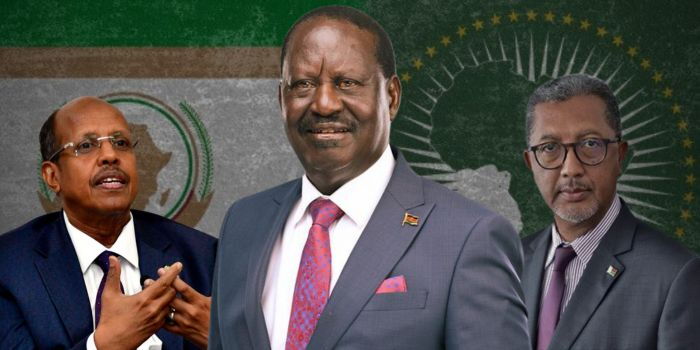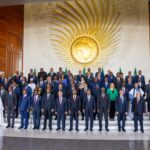Kenya’s former Prime Minister Raila Odinga has suffered a significant setback in his bid to become the African Union Commission (AUC) Chairperson.
In a fiercely contested election held on Saturday, February 15, Odinga was eliminated in the sixth round, paving the way for Djibouti’s Mahmoud Ali Youssouf to secure the prestigious position.Raila Odinga’s elimination marks Kenya’s second loss at the regional body, despite an aggressive campaign backed by President William Ruto. His defeat raises questions about Kenya’s influence in continental politics and the shifting dynamics of AU leadership.
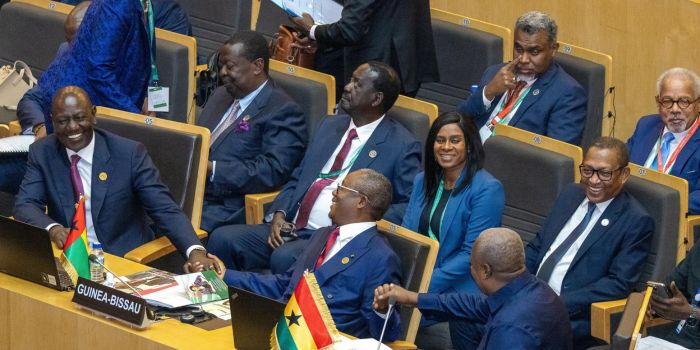
Former Prime Minister Raila Odinga’s long-held ambition to become Africa’s top diplomat came to an abrupt end after being eliminated in the penultimate round of voting for the African Union Commission (AUC) Chairperson. The final victory went to Djibouti’s Mahmoud Ali Youssouf, who clinched the seat after garnering 33 votes in the seventh round, surpassing Madagascar’s Richard Randriamandrato.
Raila had entered the race with strong backing from Kenya’s President William Ruto, undertaking an extensive diplomatic charm offensive across the continent. His campaign team had previously indicated he had secured support from at least 21 nations, a figure that seemed promising in the initial voting rounds. However, despite taking an early lead with 20 votes, Raila was gradually edged out of contention as the rounds progressed.
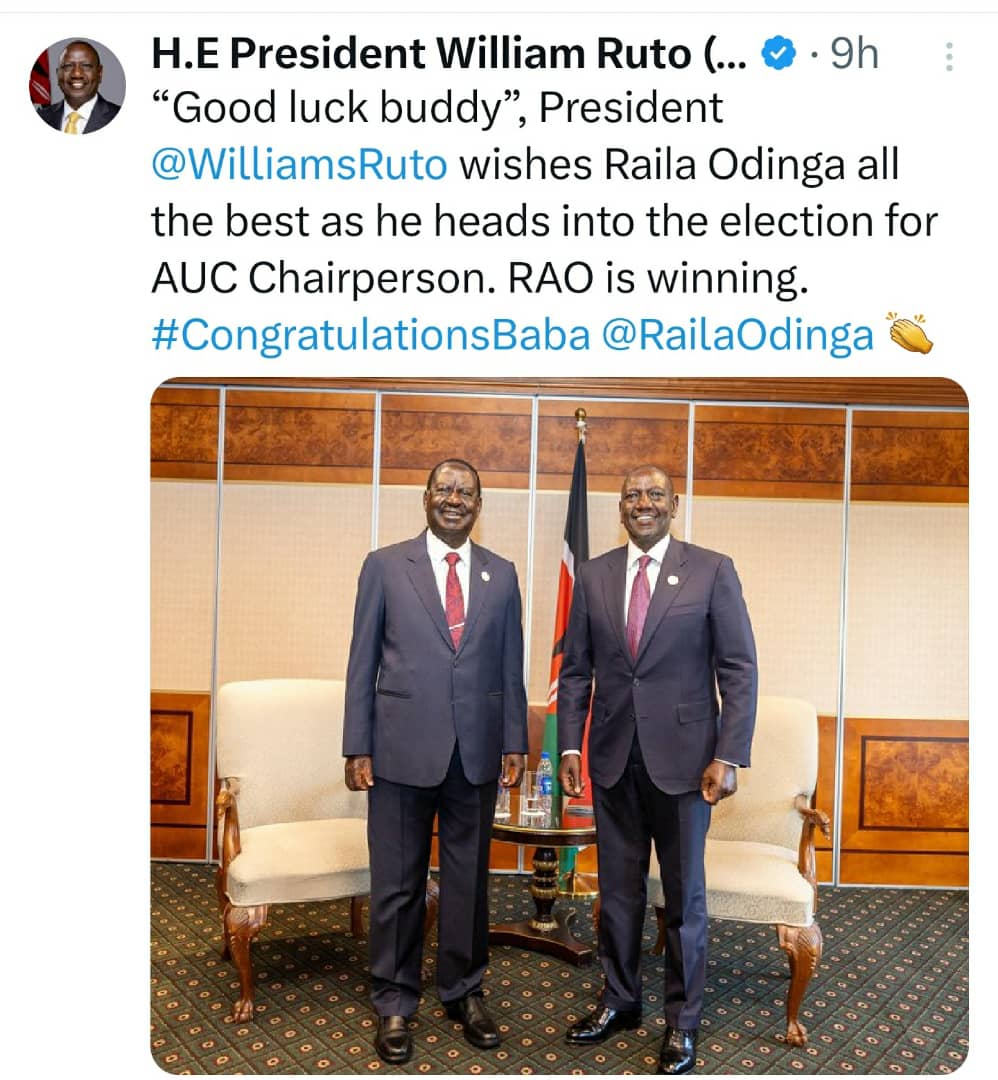
The election, held in Addis Ababa, Ethiopia, saw Youssouf emerge as the new AU Commission Chairperson, replacing Moussa Faki, who had served two terms. Youssouf is set to serve for a four-year term, with a possibility of re-election for another term, extending his tenure to a maximum of eight years.
Raila’s elimination is not only a personal loss but also a blow to Kenya’s standing within the African Union. His bid marked the second consecutive time Kenya has failed to secure a high-profile AU position, raising concerns over the country’s regional influence.
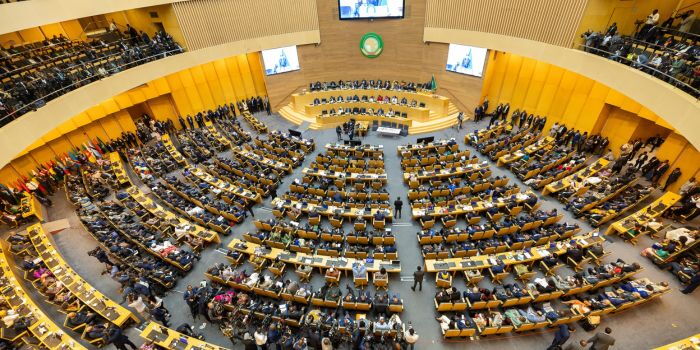
Despite the setback, Raila’s campaign reflected his enduring political stature and ability to rally support across the continent. However, the outcome signals a shift in continental politics, with Djibouti’s victory demonstrating the growing influence of smaller African nations in AU leadership.
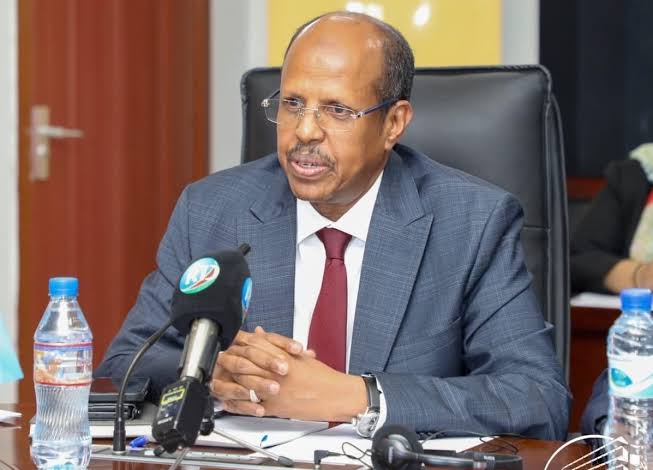
With the election now concluded, focus shifts to Youssouf’s leadership and how he will steer the AU’s agenda amid pressing challenges such as regional conflicts, economic instability, and governance reforms. Meanwhile, Raila Odinga, a seasoned political heavyweight, is left to recalibrate his next move in both Kenyan and continental politics.


